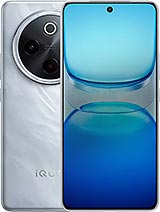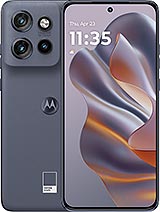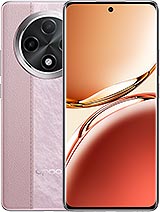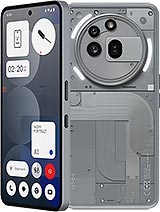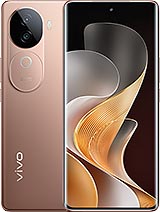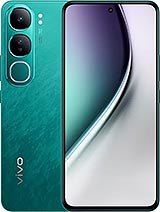Vivo V40e alternatives
Tap above to see alternatives.
Vivo Y300 alternatives
Tap above to see alternatives.
2x2.2 GHz Cortex-A78
6x1.95 GHz Cortex-A55
8GB 256GB (UFS 2.2)
8GB 256GB (UFS 2.2)
f/2.0, (wide), 1/1.95", 0.8µm, PDAF, OIS
8 MP
f/2.2, 116˚ (ultrawide)
f/1.8, (wide), 1/1.95", 0.8µm, PDAF
2 MP
f/2.4, (depth)
1080p
f/2.0, (wide), 1/2.76", 0.64µm, AF
f/2.5, (wide)
SIM1: Nano, SIM2: Nano
SIM1: Nano, SIM2: Nano
FDD: N1, N3, N5, N8, N28
TDD: N40, N77, N78
FDD: N1, N3, N5, N8, N28
TDD: N38, N40, N41
FDD: N1, N3, N5, N8, N28
TDD: N40, N77, N78
FDD: N1, N3, N5, N8, N28
TDD: N40, N77, N78
In this performance comparison, the Vivo V40e with its Mediatek Dimensity 7300 (4nm) performs better than the Vivo Y300 with the Qualcomm Snapdragon 4 Gen 2 (4nm), thanks to superior chipset efficiency.
Vivo V40e offers 3 years of OS updates, whereas Vivo Y300 provides 2 years. For security updates, Vivo V40e offers 4 years of support compared to Vivo Y300's 3 years.
Both Vivo V40e and Vivo Y300 feature AMOLED displays, offering vibrant colors and deeper blacks. Both smartphones offer the same 120 Hz refresh rate. Vivo V40e also boasts a brighter screen with 4500 nits of peak brightness, enhancing outdoor visibility. Both phones have the same screen resolution.
Vivo V40e comes with a larger 5500 mAh battery, which may offer longer usage on a single charge. Both devices support the same wired charging speed of 80W.
Both phones feature the same IP64 rating for water and dust resistance.
- Vivo V40e – Check price here
- Vivo Y300 – Check price here
¹ Scores can vary even with the same chipset due to RAM, thermals, and software optimization.





